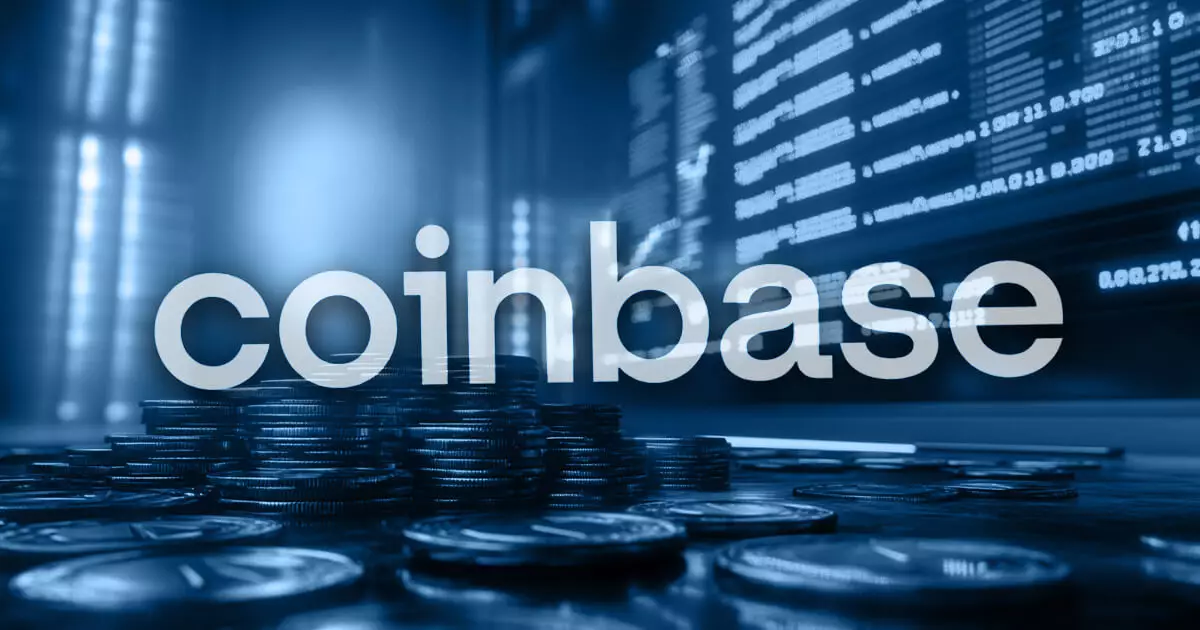The world of cryptocurrency is fraught with debates, particularly regarding the costs associated with listing digital assets on trading platforms. Recently, a significant controversy arose involving prominent figures in the industry, including Justin Sun, co-founder of the Tron Network, and Andre Cronje, co-founder of Sonic Labs. The catalyst for this intense discussion was a claim made by Coinbase CEO Brian Armstrong, which was met with immediate pushback from Sun and Cronje. This article will delve into the arguments presented by these parties, the implications for the cryptocurrency community, and what it reveals about transparency and practices within trading platforms.
On November 4, 2023, Justin Sun stated that Coinbase had allegedly requested a staggering fee of 500 million TRX—equivalent to roughly $80 million—for the mere listing of TRX, Tron’s native currency. He contrasted this with Binance, which he claimed charged nothing for including Tron’s asset on their platform. Furthermore, Sun disclosed that Coinbase had also requested a substantial deposit of $250 million in Bitcoin to enhance liquidity for the listing. This interaction painted a picture of Coinbase as not merely a trading platform but a gatekeeper with potentially prohibitive barriers to entry for many projects.
Supporting Sun’s assertions, Andre Cronje corroborated through his own experiences with Coinbase’s listing process. He revealed his team’s interactions with Coinbase included a series of requests for listing fees that ranged dramatically from $30 million to $300 million. Such figures, when reported publicly, incite concern regarding the financial implications for startups and smaller projects looking to establish a presence in a crowded market. The essence of Cronje’s comment—that Binance did not impose any fees while Coinbase did—raised questions about the true costs of exposure and accessibility on crypto exchanges.
The allegations made by Sun and Cronje triggered a defensive response within the crypto community. Some community members swiftly rallied to support Coinbase, stating that their own experiences contradicted the claims of excessive listing fees. Akash Network’s founder, Greg Osuri, asserted that Coinbase had incurred no costs for listing his project, emphasizing that transparency is a hallmark of their operation. Meanwhile, Haider Rafique, CMO of OKX, reaffirmed that Coinbase does not impose listing fees, suggesting that the cryptocurrency space requires clear, truthful dialogue to prevent misunderstandings.
Additionally, Luke Youngblood, a contributor to Moonwell DeFi, provided a nuanced opinion. He posited that Coinbase occasionally runs promotional campaigns through its Earn platform, which might lead to confusion around the concept of a ‘listing fee.’ The educational initiatives under this program could, to some, appear akin to a listing charge, particularly when juxtaposed with the marketing budgets that many non-U.S. exchanges require. Youngblood noted that inviting the Earn marketing budget does not correlate with the chance of securing a listing, thus highlighting the importance of clarity in communication.
Underlying this dispute is a deeper concern about market stability and the economic ecosystem surrounding newer cryptocurrency projects. On October 31, Moonrock Capital’s CEO Simon Dedic amplified these concerns by suggesting that Binance had requested up to a 15% share of a project’s total token supply for listings, equating to a financial burden of $50 million to $100 million. The implications of such high costs suggest a landscape where the ability for smaller or emerging projects to gain visibility is significantly hampered, potentially stifling innovation and diversity within the market.
Binance co-founder He Yi seized upon this narrative, branding it as misinformation (FUD) and underscoring that Binance maintains rigorous standards for listing decisions. Yi articulated that while projects might propose financial incentives or token allocations, each listing still relies on meeting strict criteria, thereby maintaining a degree of integrity in the trading ecosystem.
The ongoing dialogue around listing fees in the cryptocurrency space underscores the critical need for transparency and accountability. As major exchanges like Coinbase and Binance set standards that can significantly impact market dynamics, the conversation must evolve beyond simple allegations and responses. Instead, it should embrace a more profound discourse on best practices that encourage equitable access for all projects, thus fostering a healthier and more diversified ecosystem. As the community continues to navigate these complexities, it is imperative that open communication persists to demystify the listing processes and foster trust among all stakeholders.

